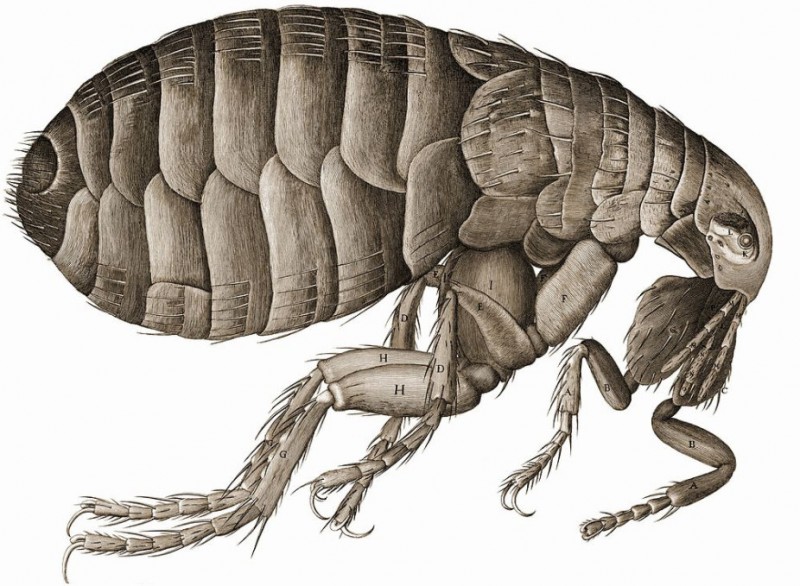- Region
- Águilas
- Alhama de Murcia
- Jumilla
- Lorca
- Los Alcázares
- Mazarrón
- San Javier
-
ALL AREAS & TOWNS
- AREAS
- SOUTH WEST
- MAR MENOR
- MURCIA CITY & CENTRAL
- NORTH & NORTH WEST
- TOWNS
- Abanilla
- Abarán
- Aguilas
- Alamillo
- Alcantarilla
- Aledo
- Alhama de Murcia
- Archena
- Balsicas
- Blanca
- Bolnuevo
- Bullas
- Cañadas del Romero
- Cabo de Palos
- Calasparra
- Camping Bolnuevo
- Campo De Ricote
- Camposol
- Canada De La Lena
- Caravaca de la Cruz
- Cartagena
- Cehegin
- Ceuti
- Cieza
- Condado de Alhama
- Corvera
- Costa Cálida
- Cuevas De Almanzora
- Cuevas de Reyllo
- El Carmoli
- El Mojon
- El Molino (Puerto Lumbreras)
- El Pareton / Cantareros
- El Raso
- El Valle Golf Resort
- Fortuna
- Fuente Alamo
- Hacienda del Alamo Golf Resort
- Hacienda Riquelme Golf Resort
- Isla Plana
- Islas Menores & Mar de Cristal
- Jumilla
- La Azohia
- La Charca
- La Manga Club
- La Manga del Mar Menor
- La Pinilla
- La Puebla
- La Torre
- La Torre Golf Resort
- La Unión
- Las Palas
- Las Ramblas
- Las Ramblas Golf
- Las Torres de Cotillas
- Leiva
- Librilla
- Lo Pagan
- Lo Santiago
- Lorca
- Lorquí
- Los Alcázares
- Los Balcones
- Los Belones
- Los Canovas
- Los Nietos
- Los Perez (Tallante)
- Los Urrutias
- Los Ventorrillos
- Mar De Cristal
- Mar Menor
- Mar Menor Golf Resort
- Mazarrón
- Mazarrón Country Club
- Molina de Segura
- Moratalla
- Mula
- Murcia City
- Murcia Property
- Pareton
- Peraleja Golf Resort
- Perin
- Pilar de la Horadada
- Pinar de Campoverde
- Pinoso
- Playa Honda
- Playa Honda / Playa Paraíso
- Pliego
- Portmán
- Pozo Estrecho
- Puerto de Mazarrón
- Puerto Lumbreras
- Puntas De Calnegre
- Region of Murcia
- Ricote
- Roda Golf Resort
- Roldan
- Roldan and Lo Ferro
- San Javier
- San Pedro del Pinatar
- Santiago de la Ribera
- Sierra Espuña
- Sucina
- Tallante
- Terrazas de la Torre Golf Resort
- Torre Pacheco
- Totana
- What's On Weekly Bulletin
- Yecla


- EDITIONS:
 Spanish News Today
Spanish News Today
 Alicante Today
Alicante Today
 Andalucia Today
Andalucia Today
Fleas, a serious risk for dogs and other pets in Spain
The warm climate in southern Spain means that fleas are an active threat all year round
Fleas have always been present in our society and are not only capable of spreading multiple  epidemics amongst humans, but are also responsible for many animal ailments if preventative measures are not taken.
epidemics amongst humans, but are also responsible for many animal ailments if preventative measures are not taken.
Flea saliva can cause not only itching, but loss of skin and skin infections, as well as transmitting internal parasites such as tapeworms (Equinococcus), which can cause liver problems, and bacterial infections such as Ehrlichia and Hemobartonelo.
The life cycle of a flea is very simple- males and females both live on the skin of the animal and lay their eggs directly onto the skin. The eggs fall to the ground where they hatch, the larvae emerge and grow very quickly, and then as soon as they are big enough leap back onto the skin of any passing animal, including humans. This whole cycle takes only 10 to 12 days.
Because of the warm climate in many parts of Spain fleas are active all year around, and it is often not enough to treat only the animals which are susceptible to flea bites. For those with a lot of animals, especially if living in a rural environment, minimising infestations by preventative spraying of living areas is very important.
Whilst it is virtually impossible to eliminate fleas completely, minimizing exposure will help to limit breeding numbers considerably.
Domestic animals should all be treated with flea preventative chemicals, which are available either as flea collars or spot on treatments. While flea collars are a lower priced option, they do not deal adequately with other parasites and should be replaced more regularly than manufacturers recommend.
Dog collars such as Scalibor, which are effective in minimizing the risk of Leishmaniosis and ticks, are also effective against fleas, and should be replaced at least every six months. These are expensive, but are best purchased from a registered vet or fully legitimate source.
It is tempting to cut corners and purchase flea treatments and Scalibor collars online, but be aware that there is a MASSIVE problem online with counterfeiting, and very often cheaper products purchased from unknown suppliers are not what they claim to be, and in some cases can even be harmful for pets.
Fakes are difficult to detect and if considering purchasing online, make sure that the supplier is entirely reputable and check for comments and feedback relating to this supplier before purchasing. Also bear in mind that products being sold at discount rates at non-official markets have probably been purchased online, and may not be the genuine article, even though their vendor believes them to be.
At the end of the day, these products are expensive, but exist to protect your pet from some of the unpleasant conditions which can accompany the bites of sand flies, ticks and fleas in Spain, so bear that in mind when deciding where to purchase pet protection.
















